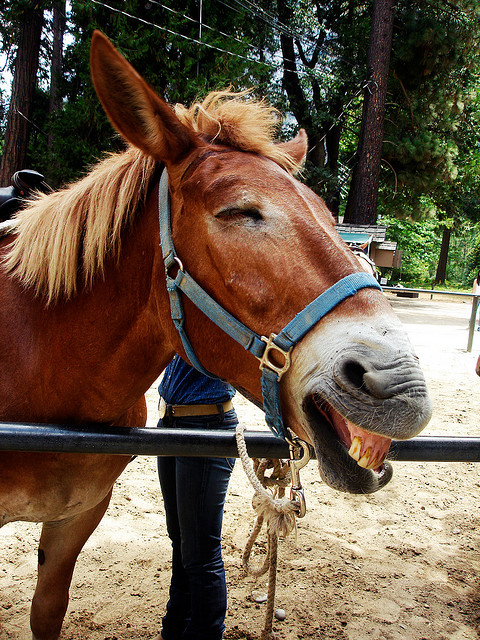As an American, I’m always fascinated by how American culture is perceived overseas. While everyone knows the typical stereotypes (“Americans don’t travel abroad“, “Americans are superficial“, “Americans are loud and overweight”), I was surprised to learn through my research that there are several cultural norms I’d been taking as universal truths that are, in fact, quite peculiar to first time visitors to the US. Here I’ve compiled some of my favorites.
All of these are pieces of advice guide books, travel blogs and study abroad websites give their country men and women on how to handle themselves during social interactions in the United States.
Advice from Germany:
“Let’s get together sometime” is often just a polite brush off
According to this German travel guide, “Americans’ social boundaries are weirdly inconsistent. Things like ‘We should get together sometime’ doesn’t really mean anything, unless the same people keep mentioning it to you.”

Advice from Switzerland:
You can drink in public, but only if you hide the offensive beverage from the public’s eyes by placing it in a paper bag
Switzerland’s Federal Department of Affair’s website advises its citizens to avoid public public nudity, intoxication and urination. “The legal system can be very different from one state to another and is often inspired by moral principles stiffer than in Switzerland. For example, it is forbidden to bathe topless or without shirt (kids), urinate on public roads or photograph partially unclothed children (even at home). It is forbidden for people under 21 to drink alcohol. Similarly, people who drink alcohol in public or carry alcoholic beverages without concealing from the eyes are guilty of an offense.”

Advice from the UK:
“Americans like to brag about ancestral connections to countries they’ve never visited.”
BBC America explains that Americans are proud of their heritage, however far removed (culturally and and geographically) this heritage may be from the place where they were born and raised. “When an American announces that they’re part Irish, part Polish and part Moldovan because their great-great-grandparents hailed from these far-off lands, you might find yourself snorting dismissively. Try to hold off until they’re out of earshot.”
One of the articles’ commenters elaborates why Brits find this unusual, saying: “A Brit wouldn’t say they were part this or part that, if you’re born in England, you’re English, if you’re born in Wales, you’re Welsh, etc. The fact my ancestors were Scots and Irish means nothing to me, it’s my birthplace that is important. Hence the puzzlement from Brits at Italian Americans, African Americans etc, nobody is just plain American!”
I write about this in: The Patriotic Tattoo

Advice from Japan:
“In America, people laugh like horses. This is normal.”
According to translations provided by the site Mental Floss, the Japanese warn their fellow countrymen about Americans’ peculiar laughing style. “They tend to horse laugh, even the women. It’s how they show they’re honest. In Japan, when a woman laughs, she places her hand so it does not show her mouth. It is disgraceful to laugh by loudly opening the mouth. Adult males do not laugh much. There is the saying, ‘Man, do not laugh so much that you show your teeth.
“In America, when men or women laugh, they do not turn away. They face front, open the mouth, and laugh in a loud voice. This is because in America if you muffle your laugh or turn away while laughing, you give the impression that you are talking about a secret or name-calling. It is nasty.”

Advice from China:
“Show American women respect—They’re in charge.”
According to this Mental Floss article about Chinese travel tips, websites in China that cater to Chinese business travelers emphasize that women are shown respect in the US, particularly in public.
“Everywhere is ‘Ladies First.’ In social situations, men must show humility to ladies. Men must walk on the outside of the sidewalk, let the woman sit first, open the door for a woman, move out of the way on the stairs or in the elevator to let the woman advance, let women order first at a meal, and let the woman get up to leave first. And when you greet a woman, you must stand up.”

Advice from Russia:
Americans aren’t just pretending to be cheerful. They really are that happy. Smiling at strangers is something they’re taught as babies.

According to translations provided by the website Mental Floss, Russians warn that Americans smile a lot–even to strangers they pass on the street—which can be disconcerting to people accustomed to more outwardly stoic behavior. But Russian travel guides also emphasize that Americans’ smiles are not “stretched with false joy.” Americans are not just creating an “illusion of well-being” when they smile at strangers, they really are that optimistic.
“Americans: they are a nation that truly feels happy. These people get used to smiling from the cradle onwards, so they do not pretend to be cheerful. The desire for a successful happy life is indoctrinated from childhood.”
Advice from France:
If you see someone’s dog or baby, it is best to tilt your head and smile and say ‘how cute!’ even if you think the baby is ugly.

This French expat who resides in Boston advises French visitors to the US to “rejoice in the presence of children or pets”, liking it to the ‘smiling at strangers’ custom. “It is mandatory to have a smile or a little “how cute” tilt to your head if you come across a child or pet. Even if they are ugly.”
Want to read more?
20 Things I Love About America
“You Might Be American If…” 18 Traits All Americans Share


